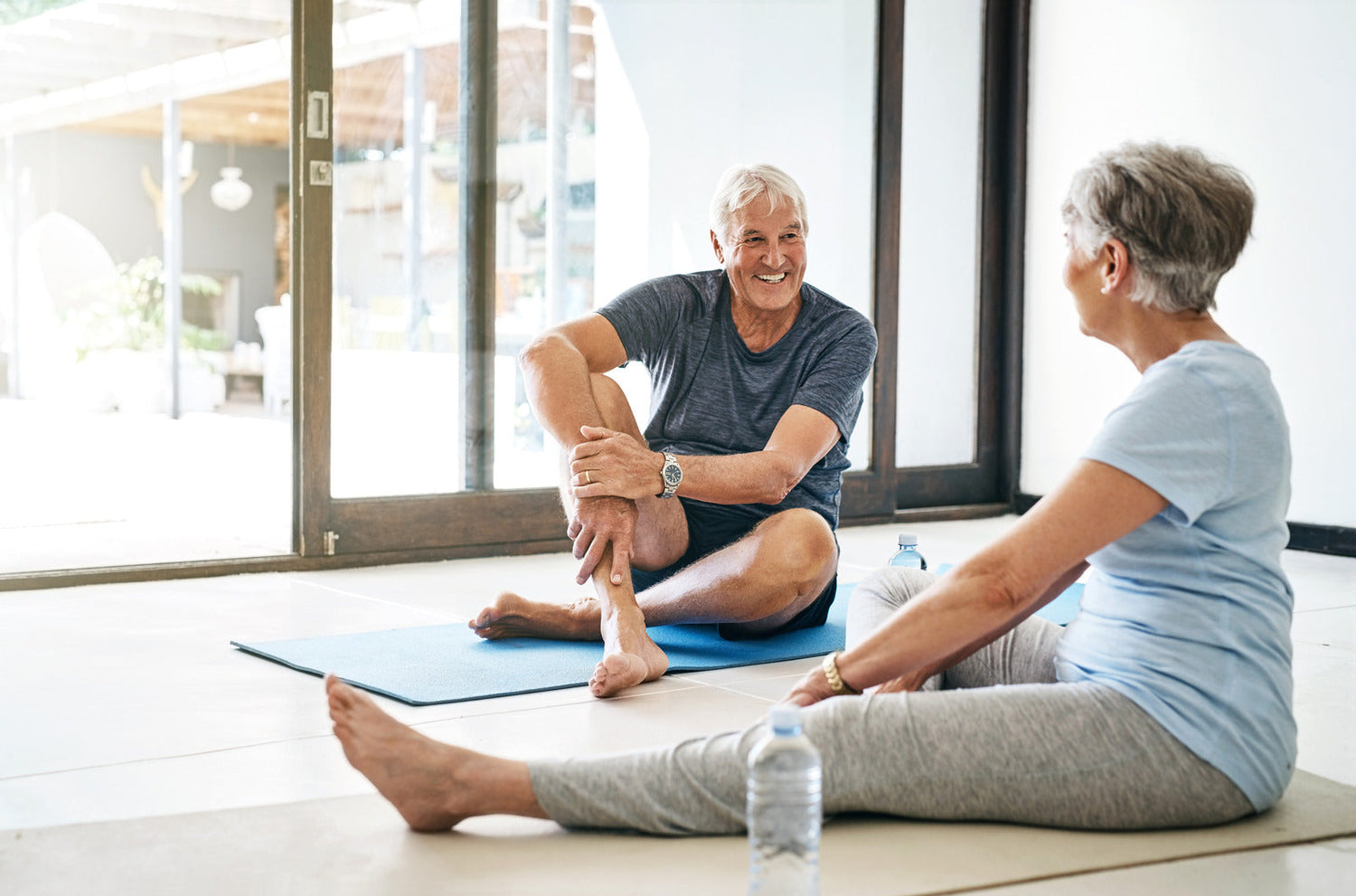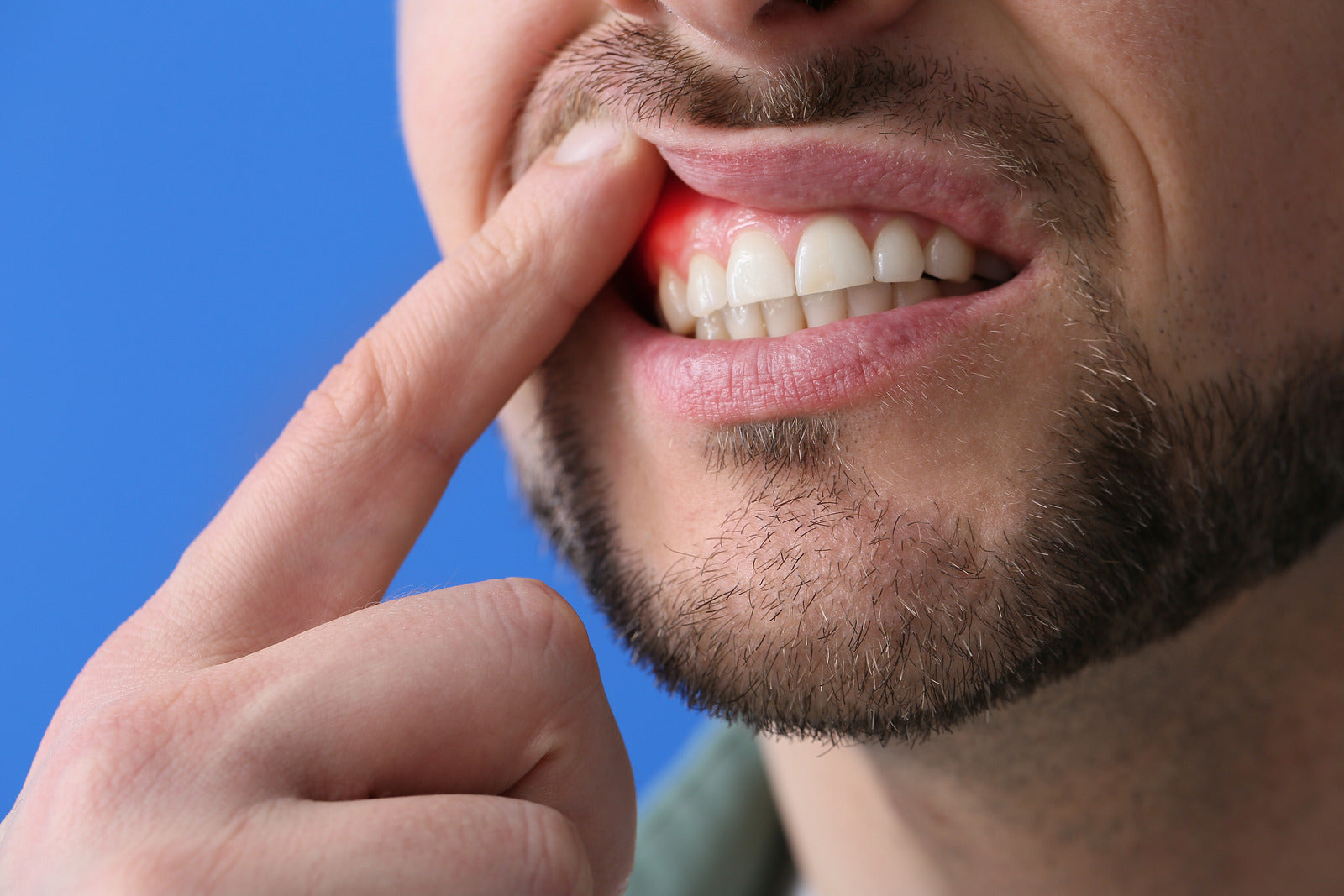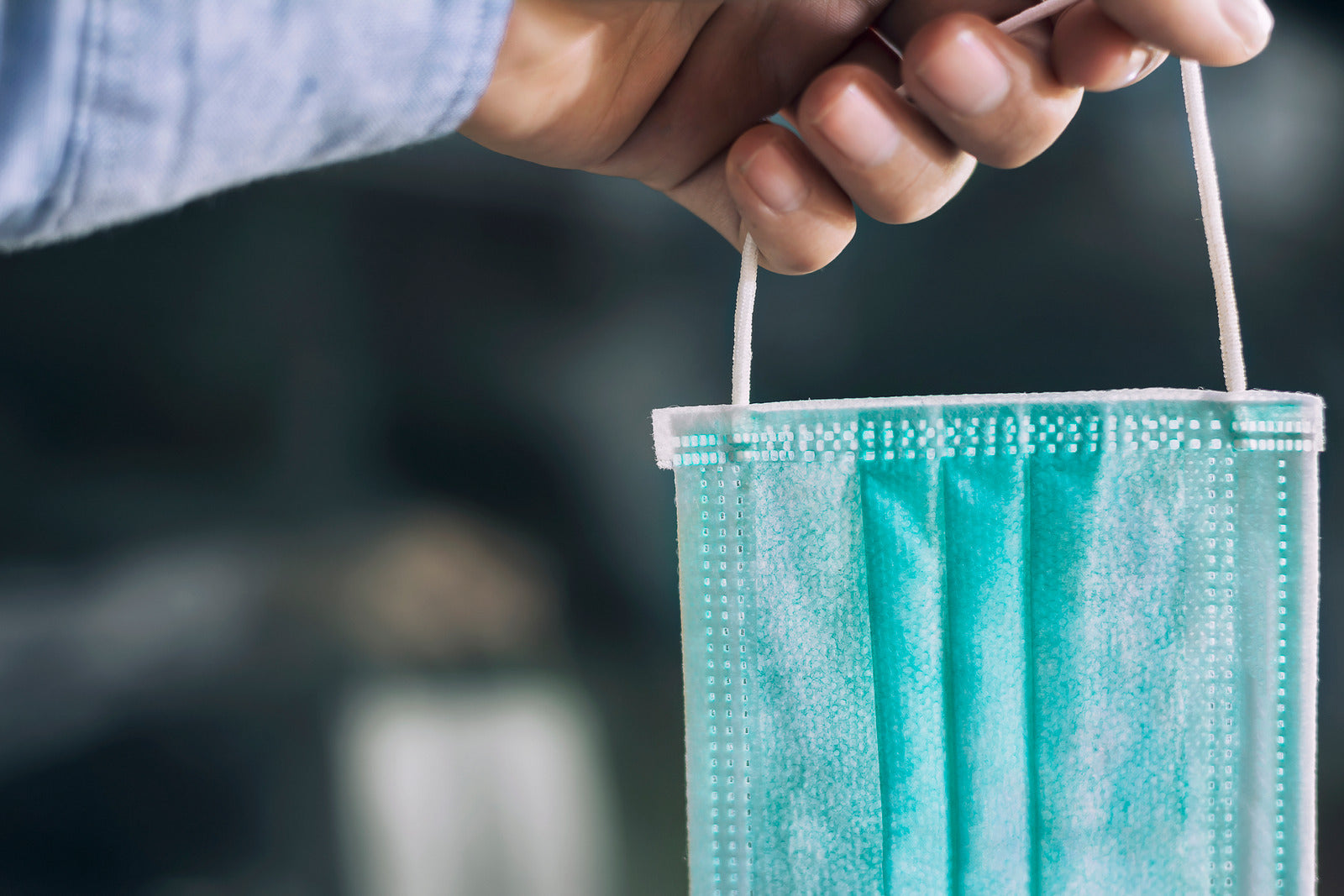Continence, or the ability to control one's bladder and bowels, is a crucial aspect of daily life and well-being that can be significantly influenced by our lifestyle choices. As we age or face certain health conditions, maintaining continence becomes more challenging, making it essential to understand how our habits can affect this vital function. Here, we delve into the impactful connection between various lifestyle factors and continence.
Hydration and Fluid Intake
Sufficient hydration is key to supporting healthy bladder function. When we neglect our fluid intake, urine can become more concentrated, potentially leading to irritation of the bladder and overactivity. The recommended daily fluid intake for adults is around eight 250ml glasses, but this varies depending on factors like climate and activity level. It's crucial to note that not all fluids are equally beneficial. Caffeine and alcohol, for example, can have diuretic effects, potentially exacerbating incontinence. Opt for water and healthy fluids, and remember to listen to your body's signals for thirst.
Diet and Nutrition
Diet plays a dual role in continence. On one hand, certain foods and drinks can act as bladder irritants or diuretics, increasing the likelihood of incontinence episodes. On the other hand, a balanced diet that's rich in fibre can prevent constipation, which can worsen urinary incontinence. Incorporating foods with high water content, such as cucumbers and watermelon, can also contribute to your hydration needs.
Physical Activity and Exercise
Regular physical activity can strengthen the muscles of the pelvic floor and improve overall bladder control. Simple exercises such as Kegels, which involve contracting and relaxing the pelvic floor muscles, are easy to perform anywhere and can have a big impact. Maintaining a healthy weight is also important, as excess weight can put pressure on the bladder and lead to incontinence.
Stress Management and Mental Health
Stress and anxiety can provoke overactivity of the bladder, leading to more frequent urges and potentially incontinence. Managing stress through techniques like mindfulness, deep breathing exercises, yoga, or regular exercise can help maintain control over one's bladder. Remember, mental well-being is as essential as physical health in the continuum of care for continence.
Medication and Healthcare
Certain medications, including some diuretics and sedatives, can affect bladder function and contribute to incontinence. Always consult with a healthcare professional about potential side effects of any medication you are taking. There are various treatment options available, from medications to surgical interventions, for those facing incontinence. Seeking help is the first step towards finding a solution that works for you.
Our daily habits have a profound impact on continence. By making mindful choices regarding hydration, diet, exercise, stress management, and healthcare, we can significantly support our bladder health and enjoy a lifestyle free from the limitations of incontinence. For more information about our incontinence products, contact Medilogic.



